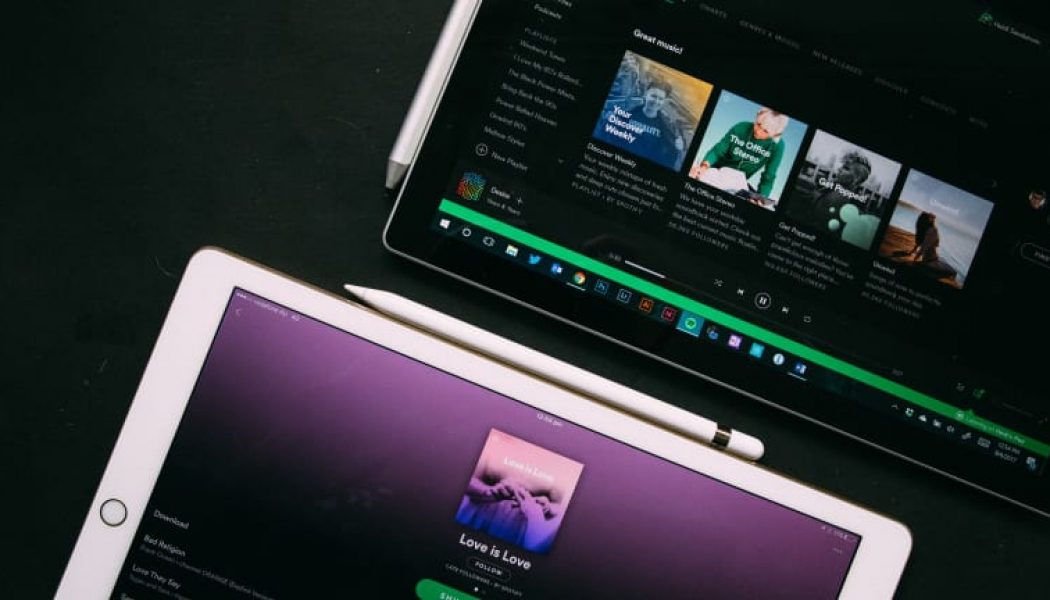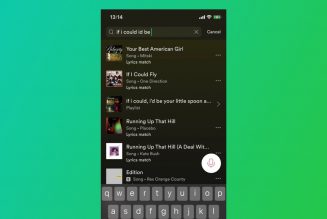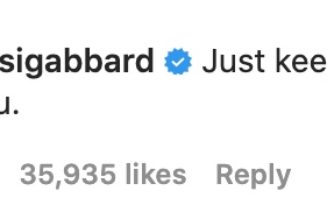Spotify has filed a new European patent after inventing technology for songwriters to detect and combat plagiarism.
According to a report published by Music Business Worldwide, the streaming giant recently filed a patent for a “Plagiarism Risk Detector And Interface” that is able to detect plagiarism in a musician’s lead sheets. For our non-musician readers, a lead sheet is a form of musical score that notates a song’s core elements, including its melody, lyrics, and harmony.
With Spotify’s new tech, musicians are able to feed their lead sheets through a “plagiarism detector,” which would then cross-reference its components with the encoded lead sheets of Spotify’s vast library of songs. The platform will then spit out a set of data pertaining to the similarity of the song’s elements—such as chord sequences and melodic fragments—and messages that indicate plagiarism. You can view an excerpt of the patent below, courtesy of MBW.
Another unique selling point for songwriters is that the tech ostensibly democratizes the complex process of detecting plagiarism manually—a task that the majority of artists must outsource to lawyers and experts. In their patent filing, Spotify argues that the technology “would allow artists to generate lead sheets more quickly and confidently by detecting and providing visual feedback as to whether any aspect of the work has a probability of being deemed plagiaristic.”
Using AI to patrol plagiarism in music isn’t anything new, but Daniel Ek‘s company, which has an estimated 35% market share in the streaming industry, believes it has created a harbinger. In their patent, they tout the new platform as a “more intuitive, more precise” option that is able to provide “dynamic visual feedback in substantially real-time.”
You can read the full patent filing here.
Source: Music Business Worldwide
![]()









